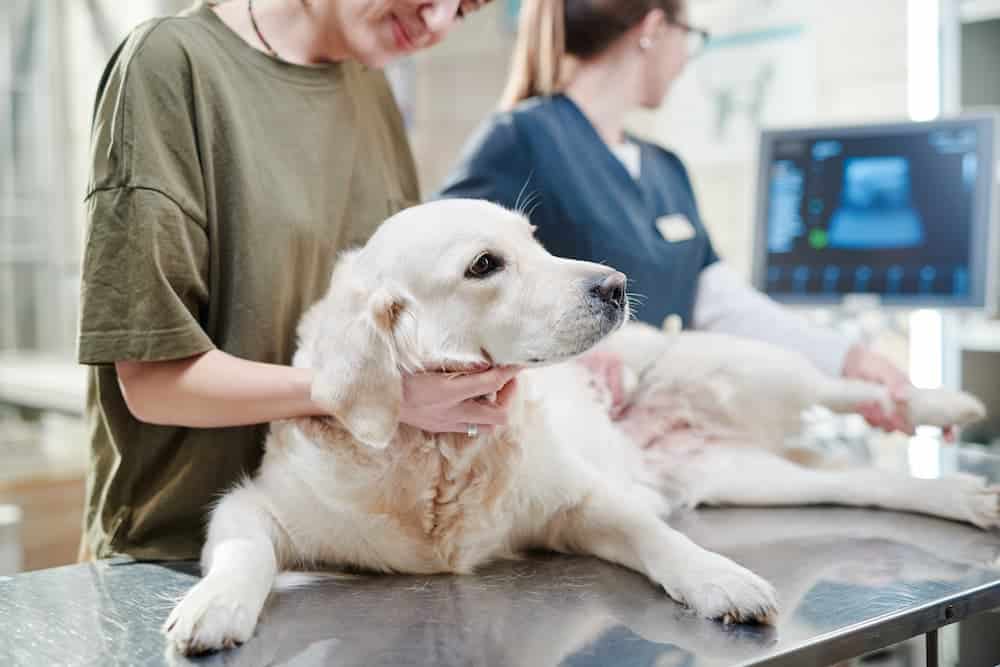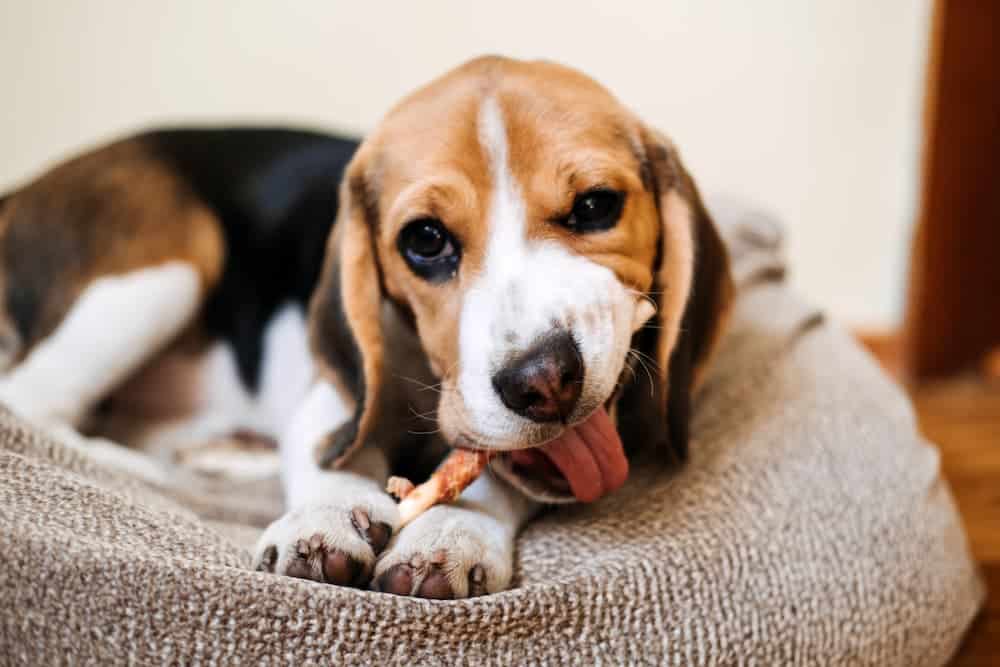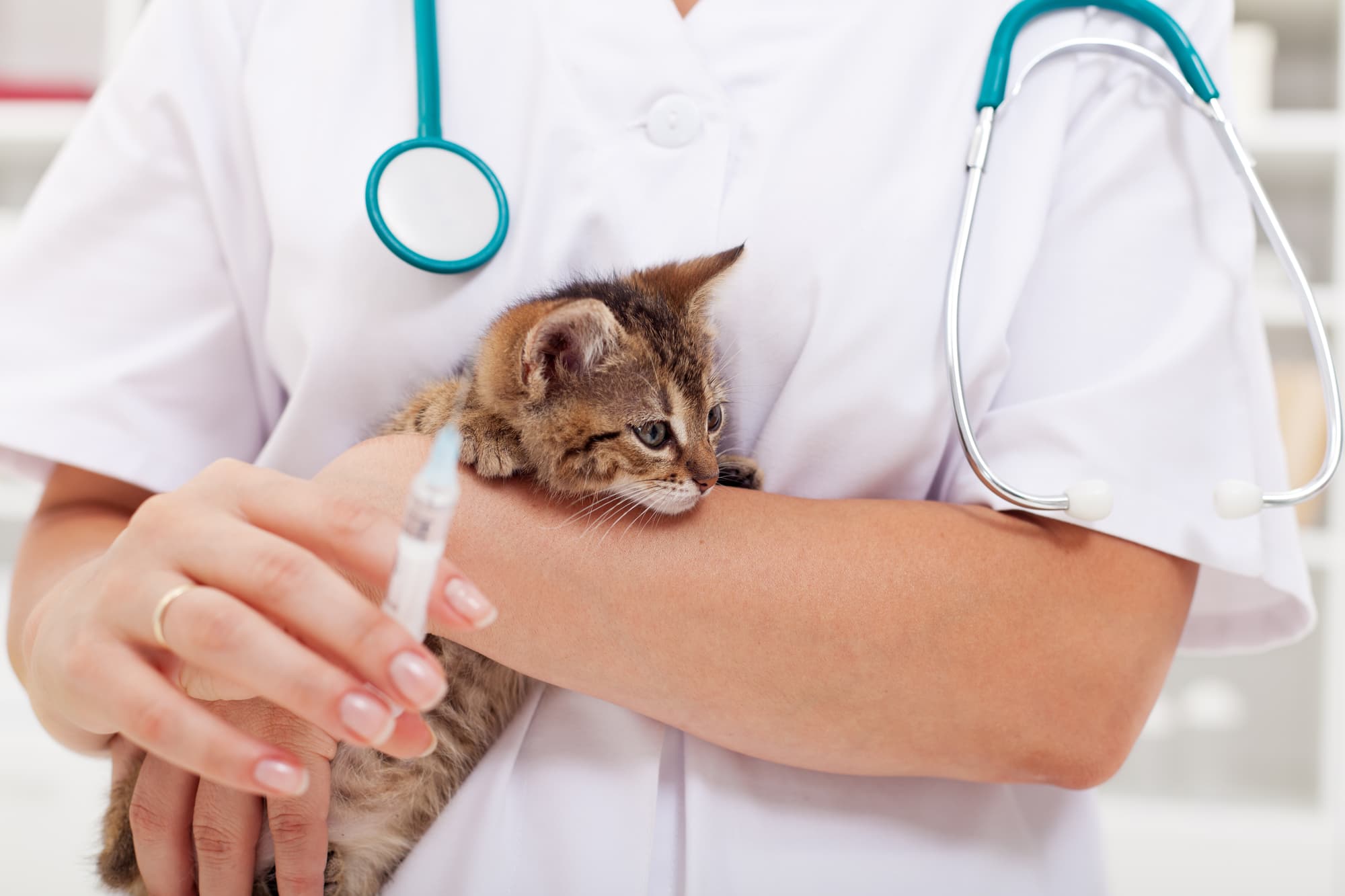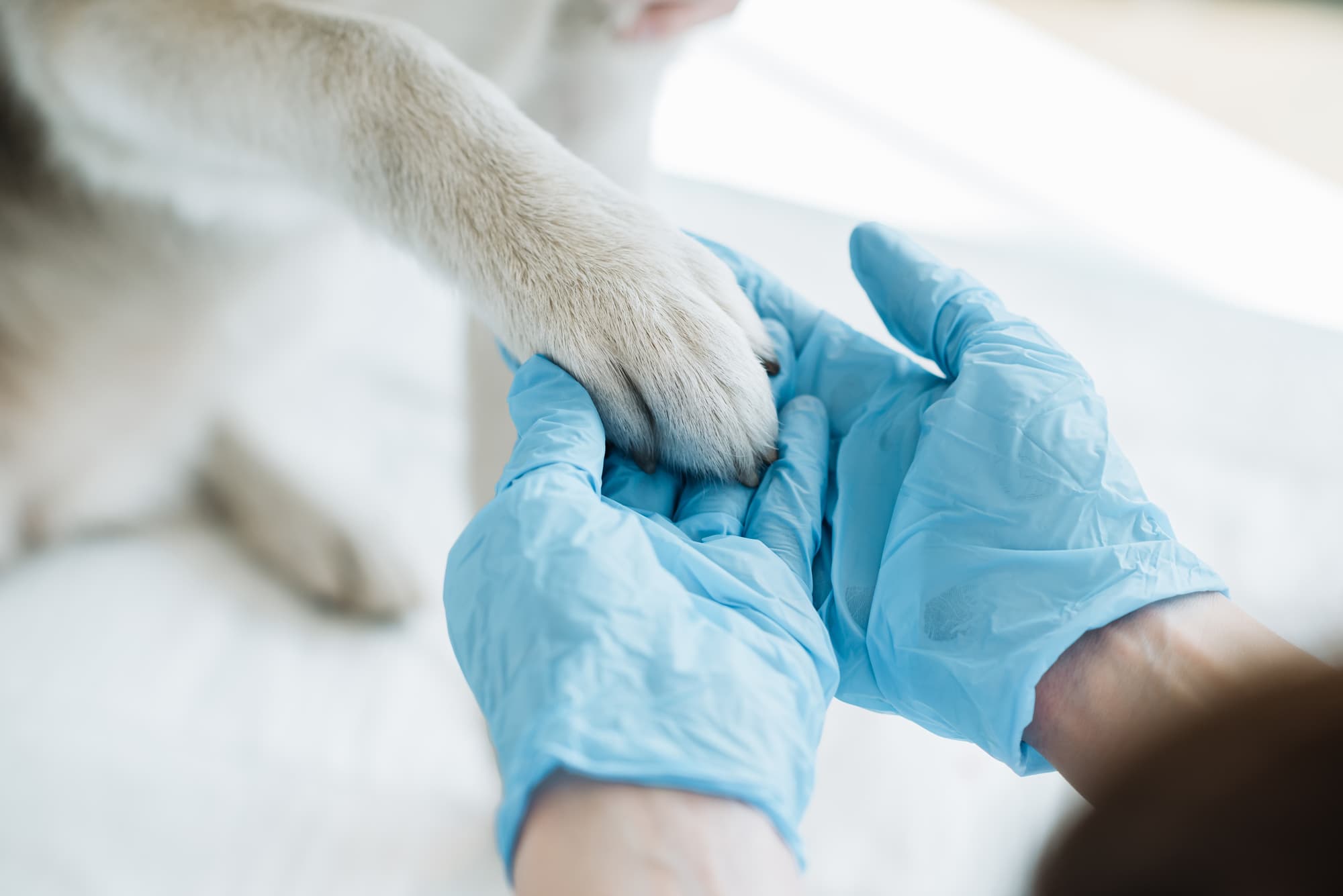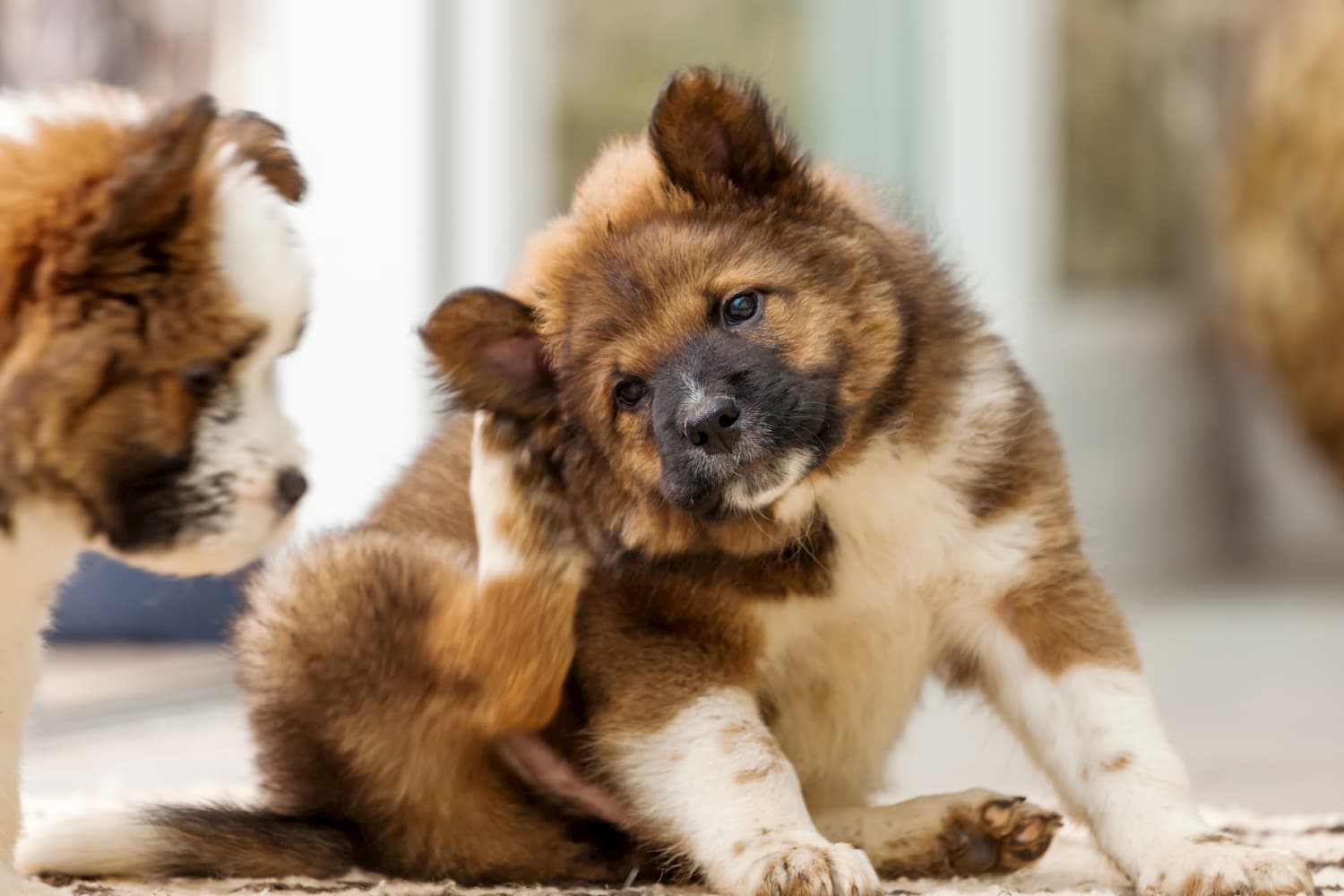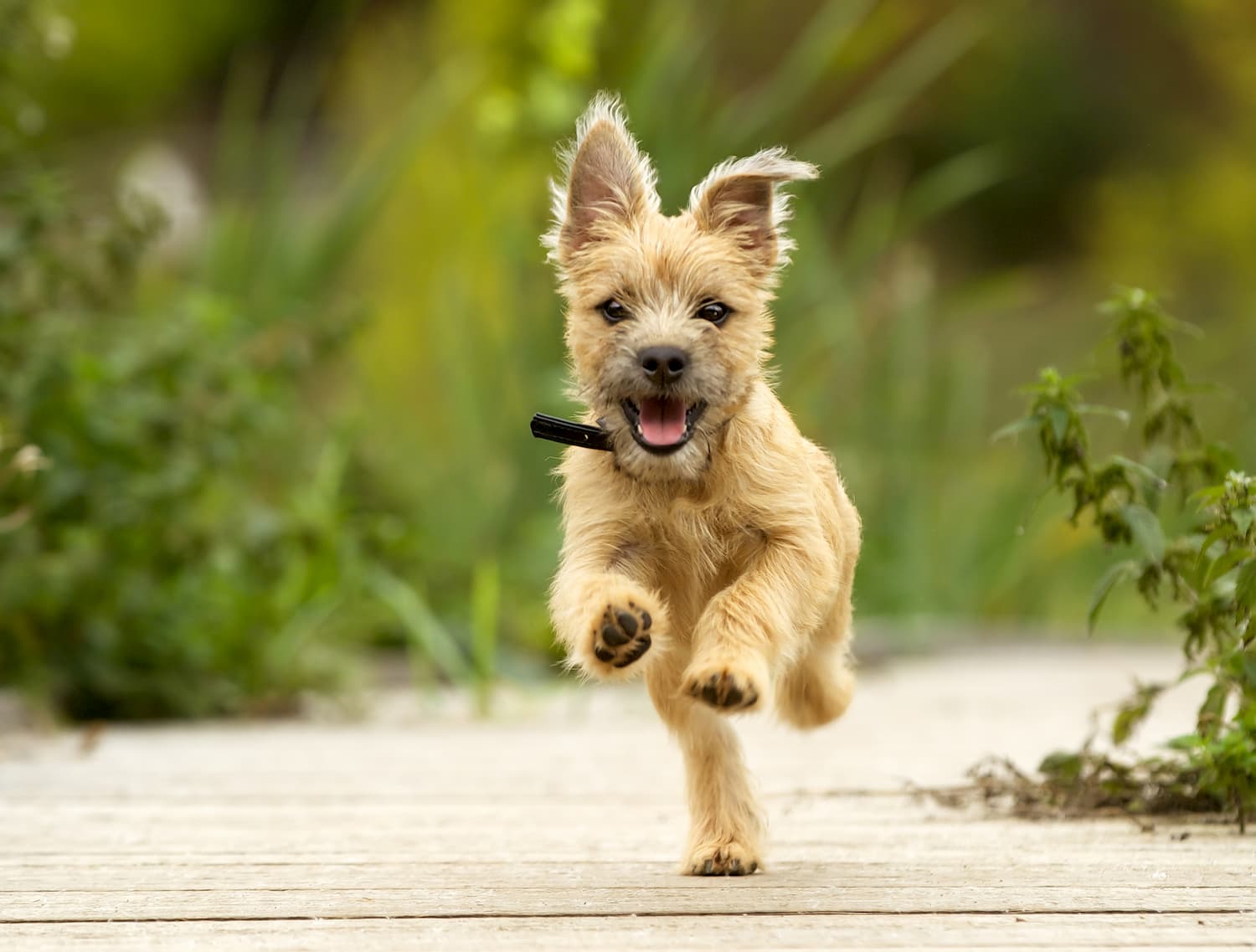Bringing a puppy into your home is an incredibly exciting time for the whole family. Everyone can benefit from the new life and fun that an animal brings. While exciting, having a puppy is also a big responsibility. It is important that you, as a dog owner, understand that you are now responsible for your new furry friend. It is up to you to ensure that your puppy has the skills that it needs to grow into a happy, healthy, well-adjusted adult dog.
The First Few Days Are Crucial
As long as they receive consistent, positive instruction, puppies can learn very quickly. This makes the first few days at home with you crucial. The rules enforced upon a puppy within the first few days in its new home will set precedent for acceptable dog behaviour throughout their entire life.
First and foremost, teach your puppy their daily routines. Where their food and water dishes are located, what time of the day they will eat, where their bed is, what time they go to bed, what time they wake up, where they go to the bathroom, and where their toys are kept. These are important things to instil within the first few days of bringing your puppy home, as establishing a routine sets precedence for acceptable behaviour.
All family members must agree to discipline the puppy at the same level to avoid confusing your puppy. It makes no sense to have one person teaching one thing, if another is just overwriting this training. If done the right way, then your puppy will be better behaved and transition seamlessly into the existing family dynamic.
Commands Are Key
As well as routines, obedience training helps your dog see you as their leader, while giving them a necessary mental workout.
Teaching your puppy to sit, stay, heel, and come are the most basic and fundamental of commands. If these are mastered, you are well on your way to having a well-behaved and balanced dog. Teaching commands however, can be easier said than done.
There are a few guidelines that can make things easier for both you and your dog when it comes to teaching commands:
- Remain consistent: If you’re trying to teach your dog to come, there is no use saying, ‘come’ on one occasion and then ‘come here boy’ on another. Mixing phrases will just confuse your puppy. Use the same command and cue each time you are attempting to get them to do something.
- Use treats as rewards: Dogs can be conditioned to respond to rewards. This can be especially helpful when teaching a command or trying to lure your puppy. If your dog isn’t that interested in food, try offering verbal praise, a favourite toy, or even a tummy rub as an incentive.
- Time it right: The praise and reward need to come immediately after your puppy has completed a command correctly. There is no use delivering a treat fifteen minutes after your dog has sat when asked. Your puppy has to make the connection between the behaviour and reward.
- Practice: It may take time, but practice makes perfect when trying to teach your puppy a command. It’s a great idea to try active training sessions several times a day. Puppies have short attention spans, so keep these sessions to 5 to 10 minutes only.
Know The Sensitive Stages
During the ‘sensitive period’ of life, puppies learn about what is normal in the world. The objective of any dog owner should be to maximise all sensitive stages of puppy learning, ensuring you provide appropriate developmental opportunities.
These ‘sensitive stages’ include:
- From 4 to 8+ weeks is the best time for your puppy to learn to interact, play and deal with other dogs. Although you may not have your puppy at this stage, it is important to continue this socialisation when you take them home. This is important if you want to bring your puppy into a home with an existing dog, or if you ever want them to be in an off-leash situation with other animals.
- From 5 to 10+ weeks, puppies start to understand how to interact with people. Again, you may not have your puppy at this stage of their development, however you must continue this socialisation so they become well adapted to people. Familiarise your puppy with people from all walks of life, allow them to sniff and be petted in an unthreatening situation. Under-socialised dogs can become fearful, inflexible and even aggressive.
- From 5 to 16+ weeks is the time to introduce your puppy to new places and a range of different environments. A puppy that is not introduced to a range of different sights, sounds and smells by the time its 10 weeks old may develop a fear of unfamiliar environments as it gets older. To avoid this, take your puppy to different places where they can experience the unknown. Encourage them to walk around, sniff and retreat to a distance where they feel safe.
- From 2 to 3 months is the best time to toilet train your puppy. Before they are 8 weeks old, the majority of puppies haven’t developed the ability to hold back urine—they simply have no choice but to go when nature calls, wherever they might be.
Discipline: In the Kindest, Most Positive Way
Here at Northcote Animal Hospital, we recommend positive reinforcement when it comes to training and disciplining your puppy. While it may seem as though your puppy is misbehaving, what they are really doing is testing out the world, discovering new sights, smells and tastes. Rather adopting the role of the strict disciplinarian, we, as their owners, are here to set socially appropriate boundaries (that your whole family has agreed on).
Although it may seem like an appropriate method of correction, studies have shown that physically disciplining your puppy (hitting, kicking, growling) can actually increase their aggression. This is not a suitable form of punishment, and is not effective when attempting to train a canine.
Your puppy will respect you more if you take clear control over them. To do this, give your commands in a clear, expectant, upbeat tone of voice, showing them that their behaviour was unacceptable. You may also make them follow commands at times of incentive, for example, making your puppy sit and wait briefly before setting down their food.
You could also try redirecting your puppy’s attention to something more fun and interesting than the less-than-ideal activity that you’d like them to stop (such as digging or biting). If this consistently doesn’t work after repeated attempts, then perhaps try a ‘time out’ to give everyone a breather!
If you do decide to try a ‘time out’ then you should use a small, neutral place, away from where your puppy sleeps or eats, with minimum distractions. The aim is to allow your puppy to calm down. Once they are quiet then your puppy can join the family again without making any fuss on their return.
Remember, you are the person that is in control of how your puppy is going to function as an adult dog. It is important to have fun with your puppy, but still remember that you are their leader, and in control of their wellbeing. If you have any more questions on training your puppy, please contact our friendly team.

